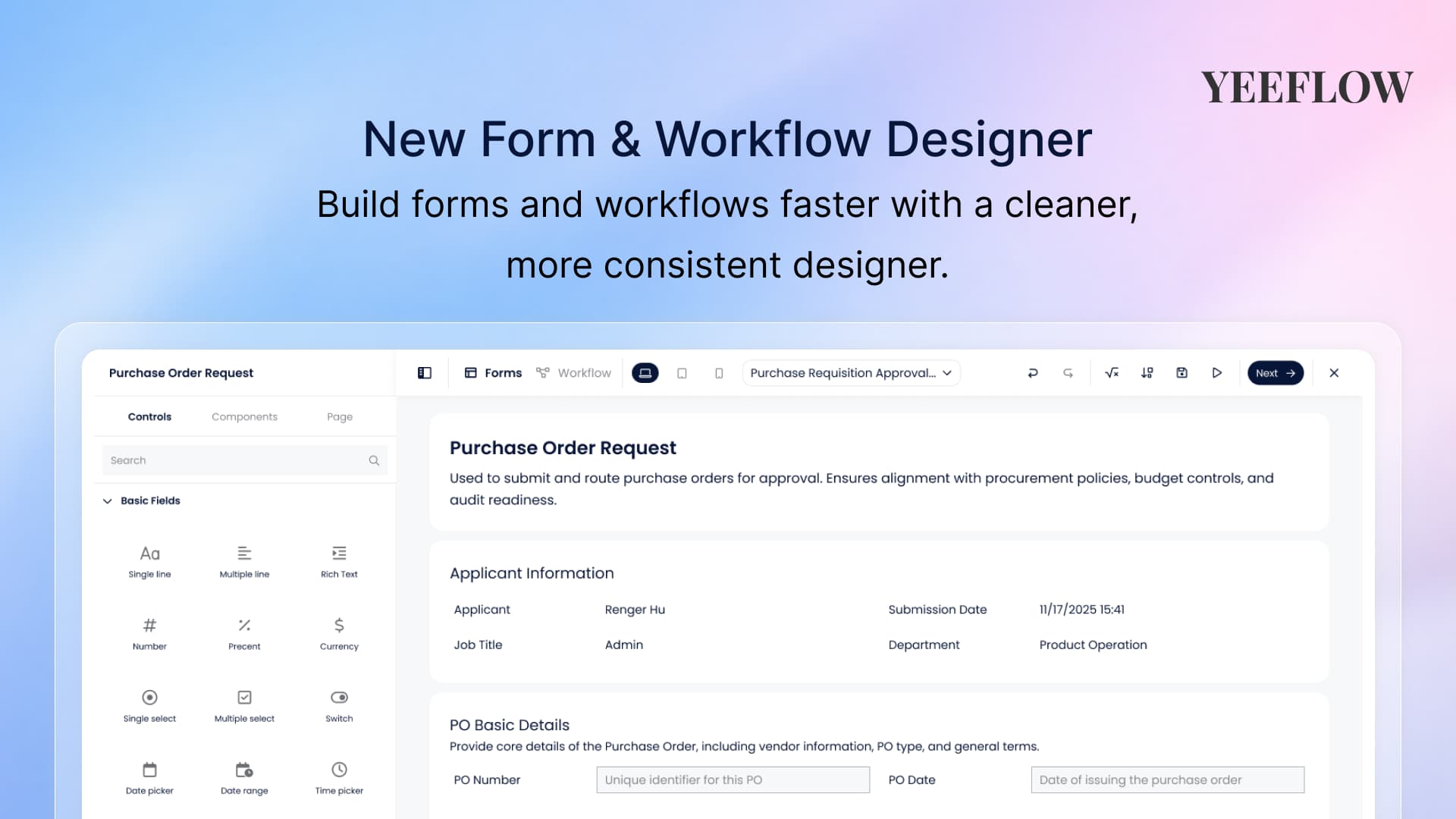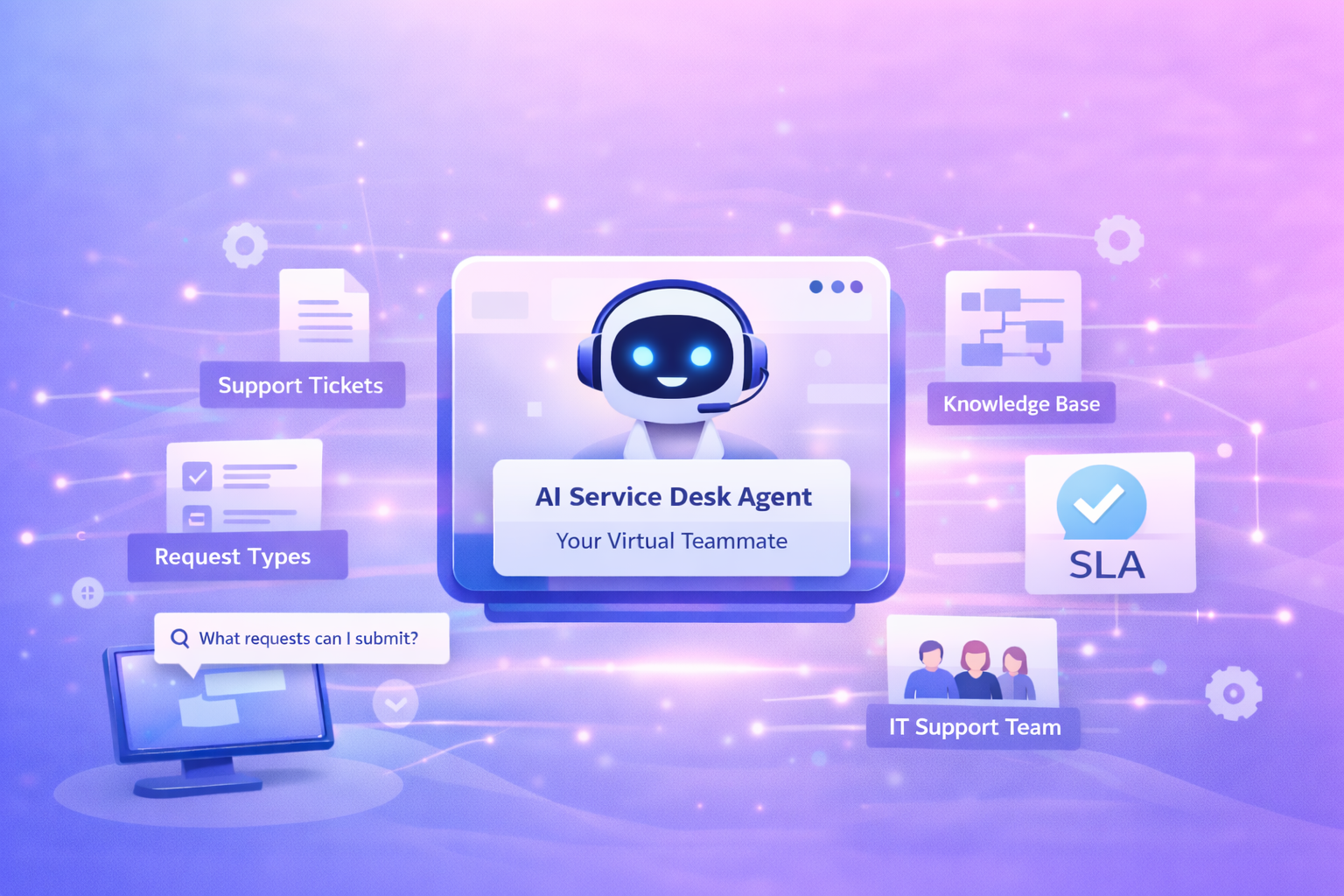Introduction
In today's fast-paced business environment, the effective management of financial processes is essential for sustained success. This article explores the transformative impact of integrating expense reimbursement workflows with accounting systems, focusing on the seamless connection between various business components.
The Role of Integration in Financial Management
Integration is the linchpin of efficient financial management. By harmonizing different business systems, organizations can achieve a level of operational efficiency that was once unattainable. This interconnectedness is pivotal for streamlined workflows and improved overall performance.
Integration Capabilities for Financial Efficiency
Modern businesses demand integration capabilities that are both versatile and user-friendly. Systems need to communicate seamlessly to avoid disruptions in workflow. The integration capabilities of various accounting systems provide a foundation for achieving a smoother, more efficient financial management process.

Benefits of Integration in Expense Reimbursement Workflows
Improved Data Accuracy
Integration eliminates the need for manual data entry, reducing errors and ensuring consistency between different systems. This not only enhances accuracy but also contributes to a more reliable financial data ecosystem.
Accelerated Approval Processes
Real-time synchronization of data between expense reimbursement workflows and accounting systems expedites approval processes. Decision-makers have access to current information, reducing delays and enhancing the efficiency of financial workflows.
Enhanced Reporting and Analytics
The integration of expense reimbursement workflows with accounting systems opens avenues for comprehensive financial data. This wealth of information empowers organizations to generate insightful reports and analytics, enabling more informed decision-making and strategic planning.
Regulatory Compliance
Maintaining compliance with financial regulations is a priority for businesses. Integration facilitates audit trails and documentation, ensuring organizations adhere to industry standards and can easily demonstrate compliance when required.
.jpeg)
Practical Implementation: Steps to Seamless Integration
For organizations considering the integration of expense reimbursement workflows with accounting systems, a step-by-step guide can provide valuable insights into the process:
- Configure Integration Settings: Navigate through the settings to establish a seamless connection between expense reimbursement workflows and the chosen accounting system.
- Tips for a Smooth Integration Process: Proactive planning and attention to detail are crucial. Learn from best practices to ensure a hassle-free integration experience.
- Troubleshooting Common Integration Challenges: Anticipate and address potential challenges that may arise during the integration process. A prepared approach can save valuable time and resources.
Real-World Success Stories of Yeeflow Integration
Numerous organizations have successfully implemented Yeeflow integration, reaping tangible benefits in their expense reimbursement and financial management practices. Here are a few compelling examples:
A Large Manufacturing Company: By integrating Yeeflow with its accounting system, this company achieved a remarkable 50% reduction in expense reimbursement processing time and minimized data entry errors by 95%. This resulted in substantial cost savings and improved efficiency.
A Non-Profit Organization: This organization integrated Yeeflow with its accounting system, resulting in annual savings of over $10,000 in administrative costs associated with expense reimbursement processing.
.jpeg)
Future Considerations and Trends
Looking ahead, the landscape of financial management is expected to evolve. Organizations that embrace integration now position themselves to adapt to these changes effectively. Whether it's incorporating emerging technologies or addressing new regulatory requirements, businesses can stay ahead by leveraging the flexibility offered by integrated financial workflows.
Conclusion
In conclusion, the integration of expense reimbursement workflows with accounting systems is a strategic move for organizations seeking to streamline financial management. The benefits, ranging from improved data accuracy to enhanced reporting capabilities, make this integration a powerful tool for businesses of all sizes. As we navigate the future of financial processes, the emphasis on integration stands as a reliable approach, providing a foundation for streamlined and efficient expense reimbursement workflows.






.png)
